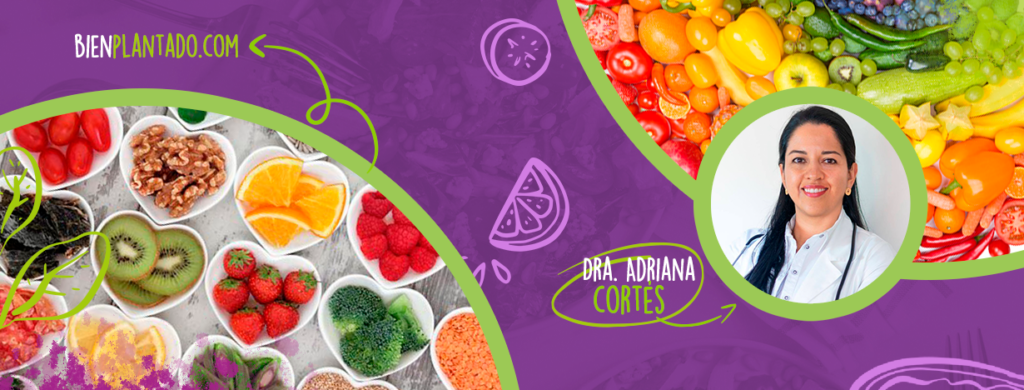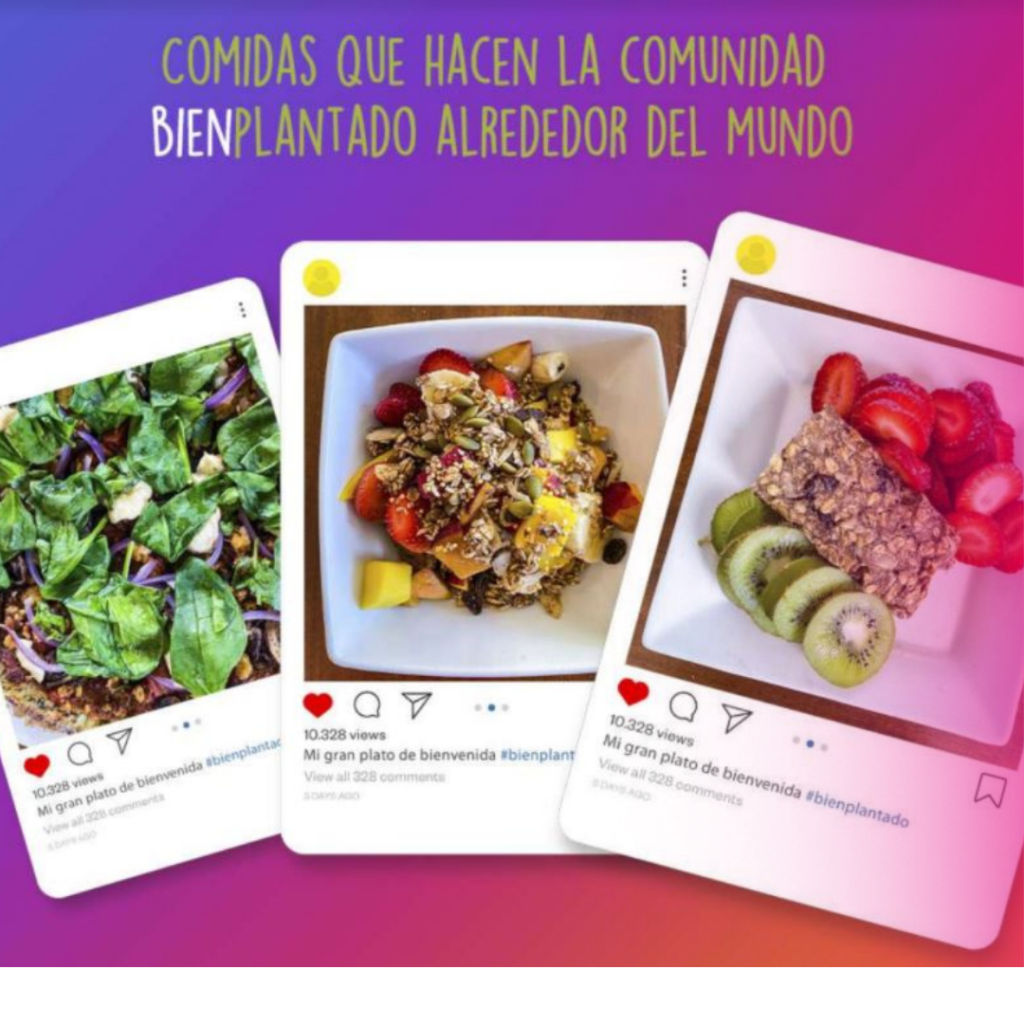By Adriana Cortés
¿Did you think that having more access to fruits and vegetables automatically increases the odds of increased consumption of these super healthy foods?
I cannot recall how many times I had conversations about nutrition with research experts or friends when I was living in Australia or visiting the United States and found out that they thought that in Latin America we have a great consumption of fruits and vegetables since we have them readily available.
It is incredible to verify how assumptions change our perception of reality so easily. One thing is to think that since most Latin American countries have great availability to a huge diversity of fruits and vegetables all year long, we Latin-Americans consume them. Another thing is what we do in real life.
In the last year, pretty much since the COVID-19 pandemic started, my mother and I officially started a public health initiative to give access to education about the whole food, plant-based lifestyle to Spanish speakers around the world. By the time of this writing, we have given 40 live online nutrition courses that were 10-12 hours long and more than 1700 people have fully completed it. We had participation from different countries, mainly from (in order of participation): Colombia, Ecuador, México, Perú, Chile, Argentina and the United States. We asked them many questions to find out their beliefs about nutrition. In one section of the nutrition course, we gave them access to the 4Leaf survey.
Sadly, I have to say, I was shocked with the results I saw weekend after weekend. I could not believe my eyes how little fruits and vegetables we consume as a population! Even more concerning, the people who were surveyed were invited to participate in a nutrition course. By just showing up, they were showing a real interest in nutrition. I cannot imagine what the other part of the population (not interested in nutrition) actually eats.
I want to share in this article some of the findings of the first two questions of the 4Leaf survey administered to the participants of the nutrition course. Get ready to be as surprised as I got when I read these answers to the same public that had just completed the survey. Initially, I thought “this can’t be real”, “maybe, I got the wrong public!” but later on, after giving 34 courses, I realized the sad reality we need to accept: we just don’t eat enough fruits and vegetables.
The first question is about fresh fruit: On average, how many daily servings of whole, fresh fruit do you eat? (Fruit juice doesn’t count; not a whole plant). The options were: none, 1-2, 3-4 and 5+. Only 5% of the population eats more than five servings. More than half (57%) of the people surveyed eat only one portion of fruit (45%) or none (12%) in a day! Based on the people´s expressed concerns along these courses, I understand why so many people do not eat the recommended portions of fruits (5 portions in a day). There are so many unverified beliefs about carbohydrates, “too much sugar”, “my doctor forbids me this or that”, “my nutritionist says they make me fat” and so on. It is time to stop this nonsense and get educated about the real value and power of these whole foods, perfectly created by nature and for nature to nourish and flourish from them (and just if you are having any doubts, “you” are part of this nature that needs the fruits too).


